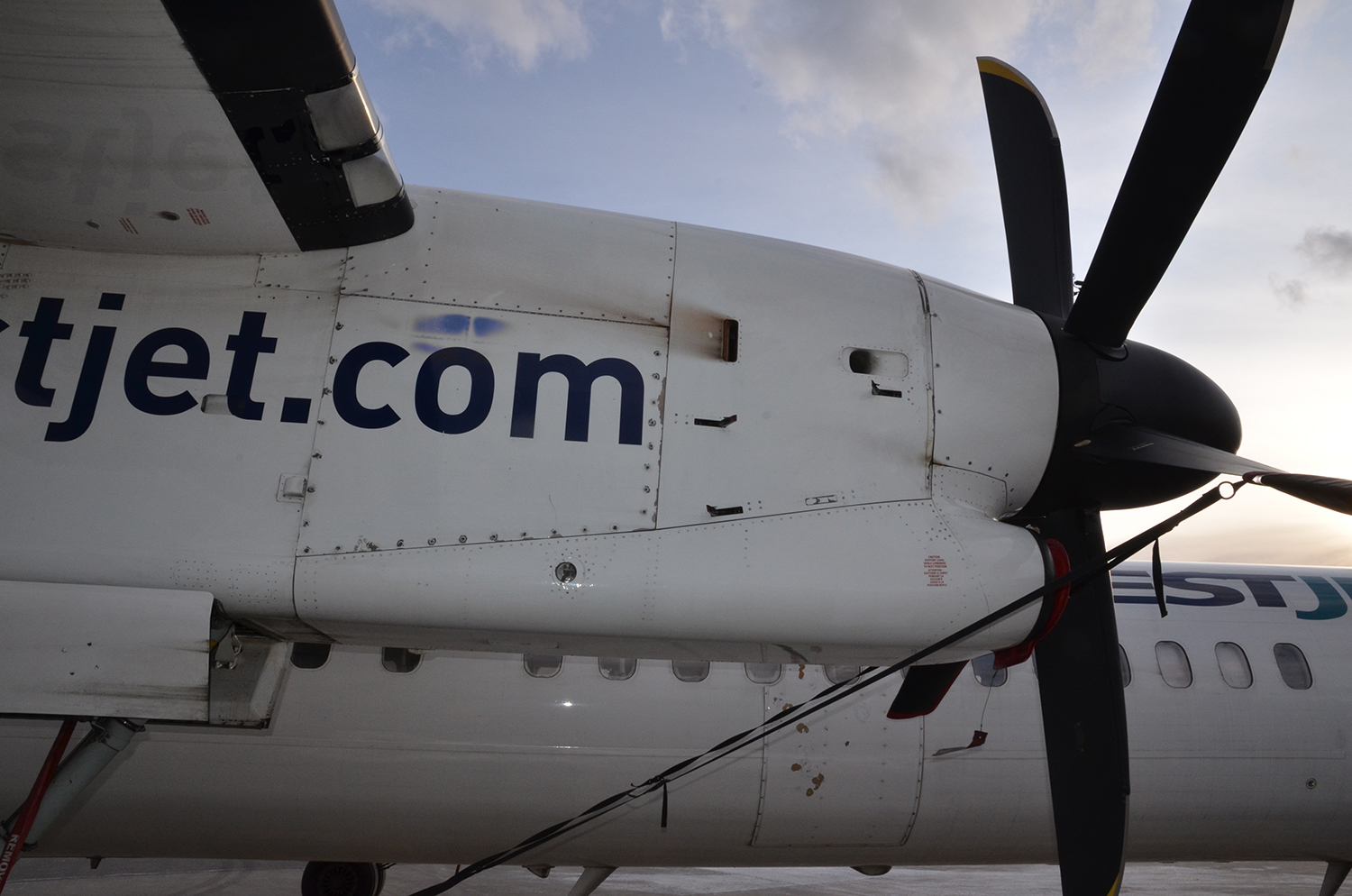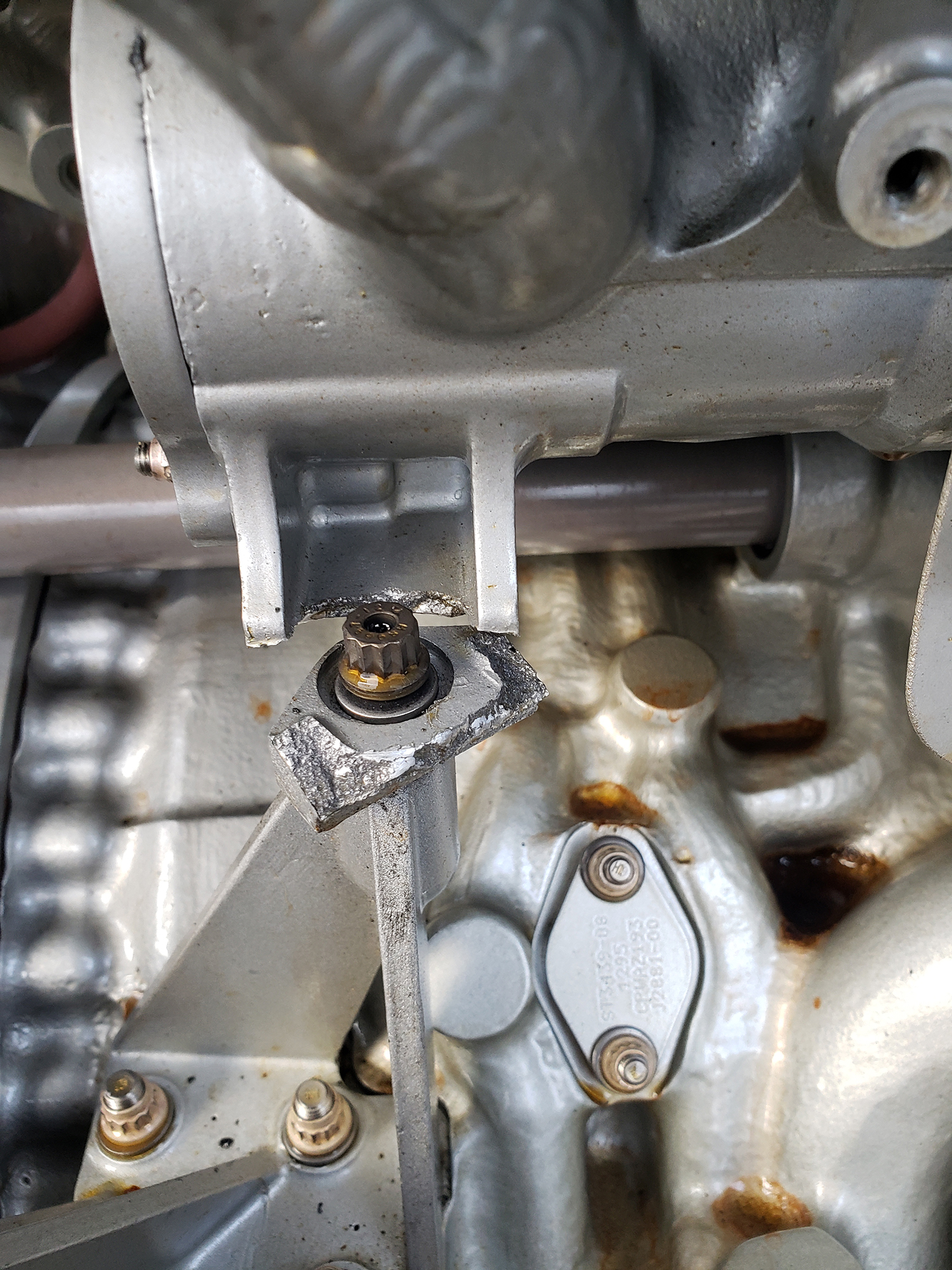Engine loss of power and fire
WestJet Encore
de Havilland DHC-8-400
Kelowna, British Columbia
The occurrence
A WestJet Encore de Havilland DHC-8-400 was flying (WEN3252) from Kamloops, British Columbia, to Calgary, Alberta, with 4 crew members and 74 passengers on board. While enroute, the flight crew experienced a no. 2 engine power loss that was followed by a fire warning. The crew followed engine fire emergency procedures and subsequently the engine was shut down. The propeller feathered and there were no further indications of a fire.
The flight crew declared an emergency and diverted to Kelowna, British Columbia, where the aircraft landed without further issue.
Investigation information
Download high-resolution photos from the TSB Flickr page.
Class of investigation
This is a class 3 investigation. These investigations analyze a small number of safety issues, and may result in recommendations. Class 3 investigations are generally completed within 450 days. For more information, see the Policy on Occurrence Classification.
TSB investigation process
There are 3 phases to a TSB investigation
- Field phase: a team of investigators examines the occurrence site and wreckage, interviews witnesses and collects pertinent information.
- Examination and analysis phase: the TSB reviews pertinent records, tests components of the wreckage in the lab, determines the sequence of events and identifies safety deficiencies. When safety deficiencies are suspected or confirmed, the TSB advises the appropriate authority without waiting until publication of the final report.
- Report phase: a confidential draft report is approved by the Board and sent to persons and corporations who are directly concerned by the report. They then have the opportunity to dispute or correct information they believe to be incorrect. The Board considers all representations before approving the final report, which is subsequently released to the public.
For more information, see our Investigation process page.
The TSB is an independent agency that investigates air, marine, pipeline, and rail transportation occurrences. Its sole aim is the advancement of transportation safety. It is not the function of the Board to assign fault or determine civil or criminal liability.


